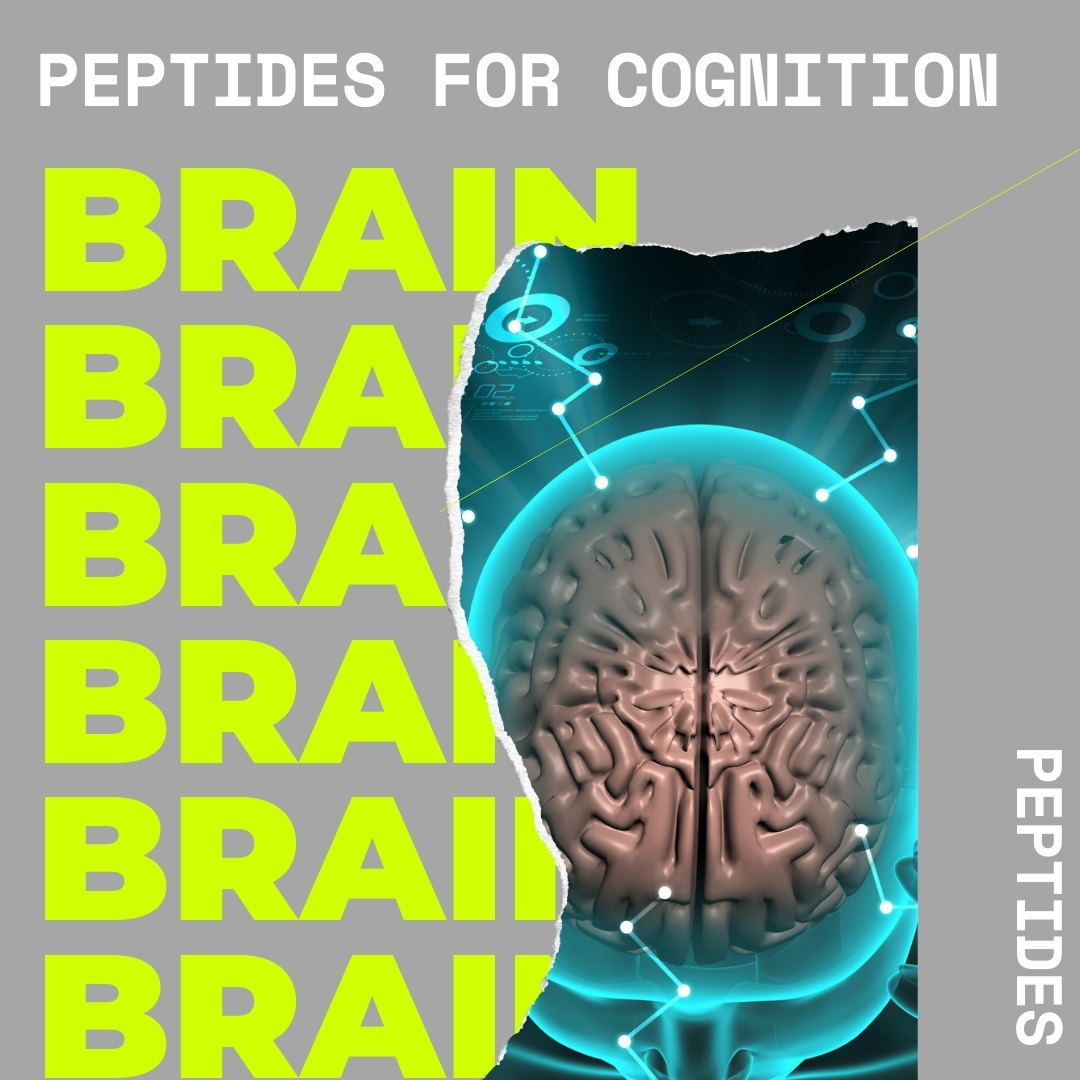
# Fampridine Demonstrates Potential in Improving Working Memory: A Novel Pathway for Addressing Cognitive Impairments in Mental Health Issues
Scientists at the University of Basel have found that fampridine, a medication mainly used to assist walking in patients with multiple sclerosis (MS), might also boost working memory in individuals with low initial cognitive capabilities. This finding could open doors for new therapeutic options for mental health disorders such as schizophrenia and depression, where cognitive impairments significantly affect patients’ quality of life.
The newly identified potential of fampridine was detailed in a study recently published in *Molecular Psychiatry*, bringing hope to those battling cognitive dysfunctions associated with mental health conditions.
### Overview of the Study
Working memory is defined as the brain’s ability to momentarily retain and manipulate information crucial for decision-making, reasoning, and focus. Unfortunately, this vital cognitive function frequently suffers in individuals dealing with mental health disorders like schizophrenia, depression, or attention-deficit hyperactivity disorder (ADHD). Deficits in cognitive areas such as working memory, decision-making, or processing speed can contribute heavily to the overall impact of these disorders, hindering patients’ daily functioning.
To investigate how fampridine might affect cognitive abilities, the research team, led by Professors Andreas Papassotiropoulos and Dominique de Quervain, carried out a study involving 43 healthy adult participants. The investigation aimed to evaluate the drug’s influence on working memory, with results indicating that fampridine can enhance it—particularly in individuals with initially low cognitive performance.
Improvements in working memory were associated with an uptick in brain excitability, which facilitates quicker and more effective processing of stimuli. Brain excitability refers to the responsiveness of neurons to incoming information. Enhanced readiness to fire allows cognitive faculties like memory and processing speed to improve considerably.
The study utilized a *randomized, double-blind* design, ensuring that neither researchers nor participants were aware of whether they were receiving fampridine or a placebo. This approach is vital for eliminating bias and accurately assessing the drug’s genuine efficacy.
### The Mechanism of Fampridine
Fampridine functions by targeting ion channels—specialized proteins located in the membranes of nerve cells (neurons). These ion channels manage the movement of ions such as potassium and sodium in and out of neurons, crucial for transmitting electrical signals within the nervous system. In multiple sclerosis patients, nerve damage from demyelination (loss of nerve insulation) disrupts effective communication between neurons, resulting in issues like walking difficulties.
Fampridine enhances walking capabilities in these patients by obstructing a particular type of ion channel, aiding the damaged neurons in communicating more effectively. In relation to working memory, it is theorized that the same mechanism—altering the activity of ion channels—could boost brain excitability, resulting in quicker cognitive processing for individuals with low baseline cognitive performance.
### Potential Uses in Mental Health
Given its effectiveness in enhancing walking in multiple sclerosis, fampridine’s ability to improve cognitive function presents an intriguing new research direction for treating psychiatric disorders marked by cognitive impairments. Numerous patients with schizophrenia or depression face various kinds of cognitive dysfunction, including difficulties in attention, memory, and decision-making. These cognitive deficits hinder patients’ involvement in daily activities, employment, or social relationships.
While conventional treatments for these disorders often concentrate on alleviating mood or psychotic symptoms, there are currently few options for directly addressing cognitive impairments. Researchers are optimistic that fampridine could be integrated into a new class of cognitive-enhancing medications aimed at improving patients’ quality of life by focusing on working memory challenges.
Importantly, the study intends to expand its focus to explore whether fampridine can produce similar beneficial outcomes in clinical populations, especially among individuals diagnosed with schizophrenia and depression. If future trials are successful, fampridine may become an essential component in the treatment strategy for cognitive dysfunction in psychiatric patients.
### Future Research Implications
The results of this study signify a groundbreaking strategy for tackling cognitive deficits, yet it is crucial to acknowledge that more comprehensive research is needed before fampridine can be considered a treatment for mental health issues. Larger clinical trials engaging diverse populations will be essential for evaluating the drug’s effectiveness across various types of cognitive impairments, particularly in patients suffering from schizophrenia or depression. Additionally, it will be vital for researchers to examine any potential side effects linked to cognitive outcomes, as the drug’s safety profile in MS patients may not necessarily extend to individuals without neurological impairments.
Nonetheless, the team’s discoveries yield significant insights into the processes influencing working memory and brain excitability. If future clinical trials prove fruitful, fampridine could contribute to a new era in psychiatric treatments that extend beyond merely controlling symptoms and aim to restore cognitive function.
### Glossary
– **Working Memory:** The capability of the brain to temporarily save and process information, critical for reasoning, decision-making, and learning.